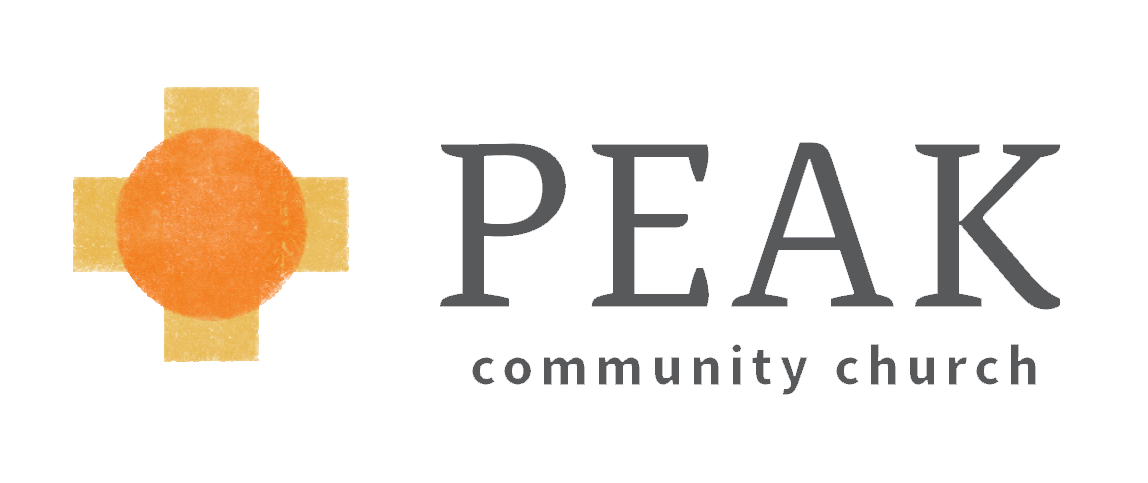In our culture, prayer is often associated with cultivating a state of mind – positive thinking, manifesting your desires, or maintaining a cheerful disposition. While there is some truth to this, defining prayer like this can be a way of avoiding the fact that at its heart prayer is asking. As such it is relational, it is uncertain and potentially dangerous. Dangerous in two ways: this fragile request that you hold out in your hands – once released it could soar to the heavens or fall, crashing to the earth. The first result could be dangerous to your sense of the world & yourself; causing you to reevaluate your assumptions of how things work and your place within. The second is a more obvious risk – risking the disappointment and confusion caused by the fact that you believe God is love, and yet your request didn’t seem to produce a response.
Anyone who has been a Christian for any length of time has experienced the disappointment of unanswered prayers. When that happens it’s a great temptation to adopt a ‘higher,’ more mature religion, something that will protect us from the risk of asking. It may be a stoic acceptance of the sovereignty of God, or a Charismatic emphasis on the power of your belief. While it is important to grow in understanding of the nature of God, and to develop our faith, we must always be aware if our practice of Christianity is subtly pulling us from a true relationship with a vulnerability before God.
So what is the alternative? Rather than theologically escaping, what is a better way to respond to the trials of vulnerability? I think a better way is to both acknowledge our disappointment and to maintain the dialogue with God. When we commit to this, to maintain the dialogue no matter what may come, ironically it is this - not the receipt of this or that gift - that ensures an actual relationship with Him.
If we stick with asking/honestly relating to God, interesting things start to occur. We start to know ourselves better. Our prayer requests become deeper, and we become to know more and more what it is that we truly desire. Second, we discover that many of our requests are indeed answered; we simply didn’t wait around to see them come to fruition. Lastly and most importantly, through the struggle to relate to God: the ups and downs, the prayers answered and seemingly unanswered, slowly, mysteriously, God plants true faith/trust in our hearts. A faith and trust that is deeper than any temporary experience, anchoring us to God always.
So how do we practice this? One time honored practice is finding a Psalm that resonates with your experience, committing it (or a stanza of it) to memory and reciting it to yourself as you go about your day. Another helpful practice is to cultivate the habit of saying simple prayers, short bursts of honesty, as you go about your day. Anne Lamont encourages the practice of three simple prayers: help, thanks, and wow (in her book of the same name). These little words distill the essence of prayer – vulnerability, gratitude, and wonder. As you go about your day, practice little prayers, whatever is a simple and honest expression. “Help me God.” “Thank you.” “Wow!”
Steve Linde
